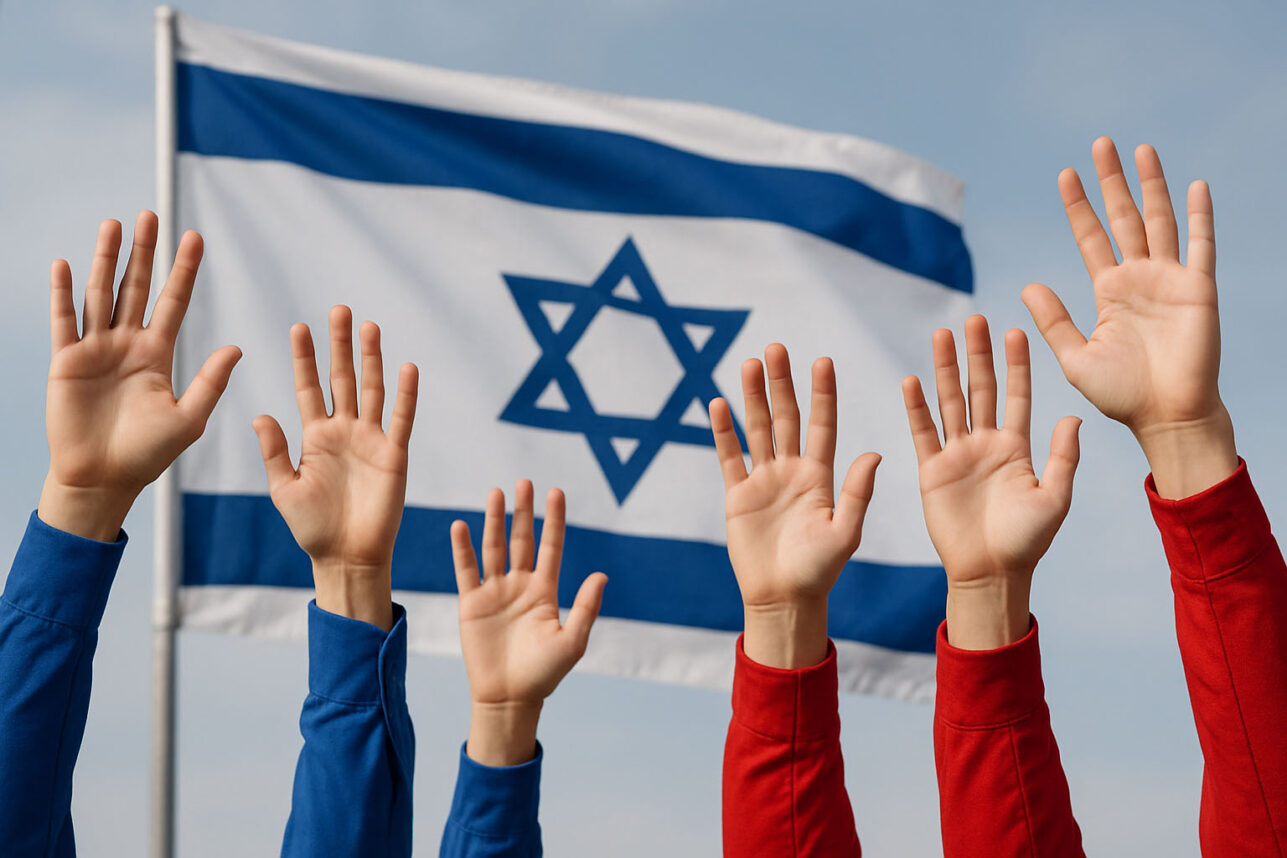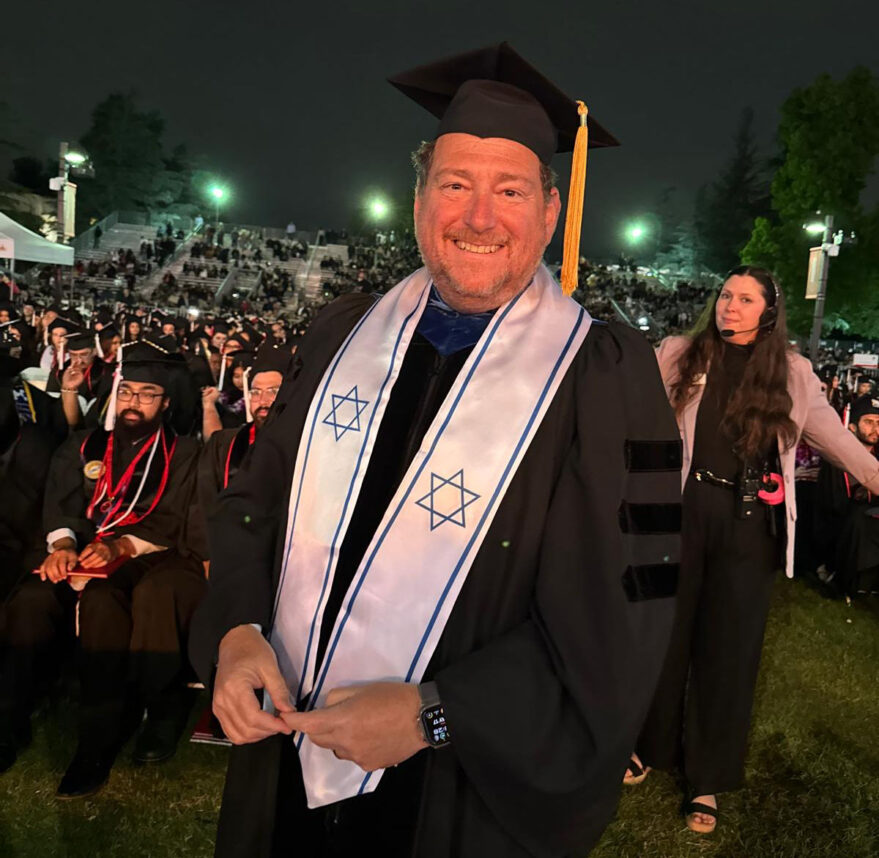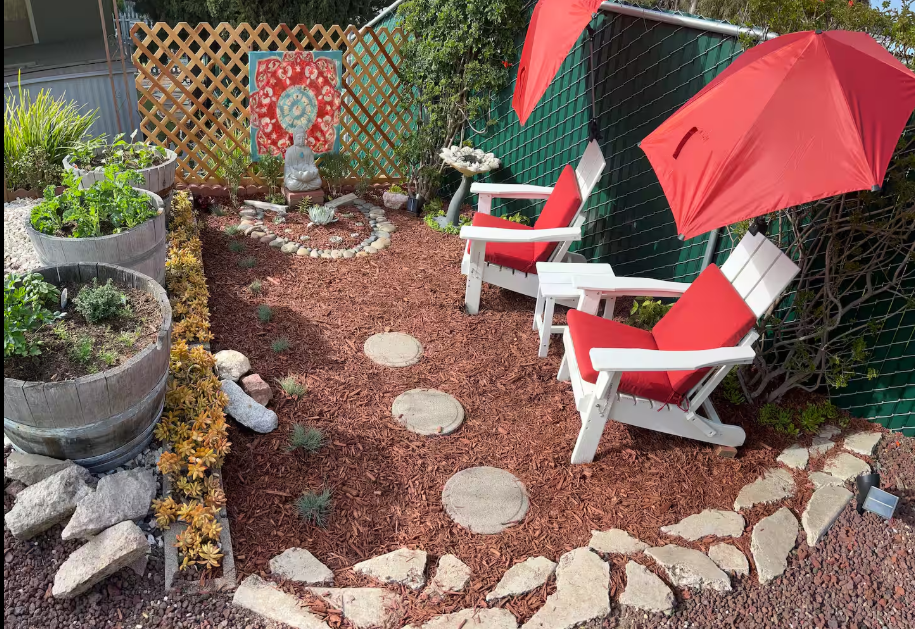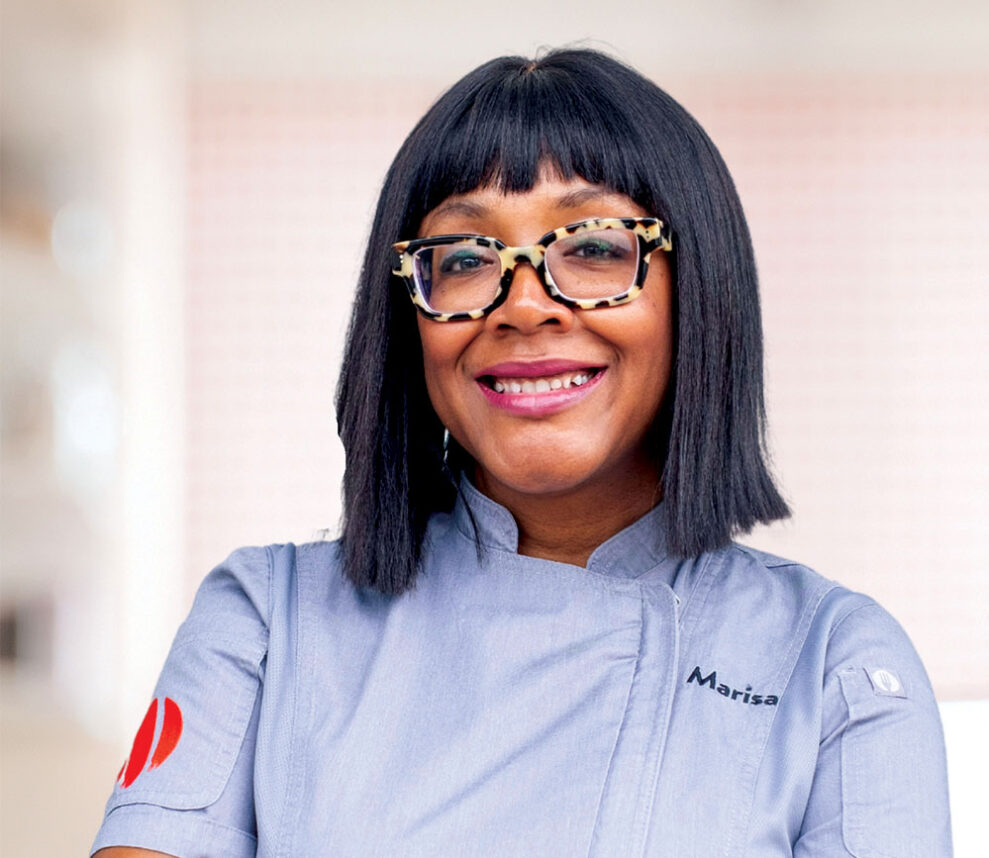As a student at Cal State Northridge more than 30 years ago, Aron Hasson wrote a paper about the Sephardic synagogues of his ancestral homeland, the Greek island of Rhodes. His professor was so taken with Hasson’s research that it ended up in a history journal.
Hasson paid his first visit to Rhodes in 1975, after a stint in an Israeli kibbutz. In 1997, he returned with his teenage children. Standing in the 400-year-old Kahal Shalom Synagogue, where three of his grandparents had once worshipped, he realized that the tourists who gaped at the Judeo-Spanish wall plaques had no knowledge of Rhodes’ rich and complex Jewish history.
Hasson’s first response was to create a pamphlet, “The Jewish Quarter of Rhodes,” for distribution in Kahal Shalom. Next he turned the synagogue’s women’s prayer rooms into the Rhodes Jewish Museum, in which old photographs and artifacts document the thriving Jewish community of pre-World War II Rhodes, once some 4,000 strong. Now, through his nonprofit Rhodes Jewish Historical Foundation, the Westwood attorney works toward the restoration of other old synagogues and holy sites that can be called “Rhodesli” (or “pertaining to Rhodes”). Hasson has also sponsored the visit of an 800-year-old Sefer Torah — which had long ago been carried from Spain to Rhodes before ending up in Buenos Aires — to Sephardic synagogues across the United States. Although not a religious man, he feels great pride when other Rhodeslis acknowledge his efforts with a heartfelt “Kol Ha Kavod.”
Hasson’s obsession with Rhodes mirrors that of an earlier generation of Angelenos. Cousins Art Benveniste and Shirlee Peha, now both in their 70s, remember growing up in South Los Angeles when the area was a magnet for Jews from Rhodes. Their immigrant parents and relatives, all of whom left the island before World War II to improve their economic prospects, spoke Ladino (also known as Judeo-Spanish) in the home. They helped found the Sephardic Hebrew Center, a Ladera Heights congregation that merged in 1993 with Sephardic Temple Tifereth Israel, as a way of preserving Rhodesli religious practices. They also instituted the custom of group visits to Catalina Island, whose location resembles that of Rhodes in relationship to Turkey.
“It was natural to them to take a boat across the water to an island nearby,” Hasson said of the immigrants,
By the time Benveniste and Peha reached adulthood, members of the close-knit community were starting to scatter. The annual Catalina trips, which currently attract about 40 of the 900 Rhodeslis now living in the L.A. area, could not fully satisfy their desire to meet and mingle. Since then, they’ve inaugurated regular luncheon gatherings at a local restaurant, and their yearly picnics bring together 200 people representing several generations: on the menu are all-American hot dogs and hamburgers, along with more exotic treats. Benveniste, who also participates in a Ladino-speaking havurah, has made numerous sentimental journeys to Rhodes. His last visit came in 2002, when a group of 20 Rhodeslis traveled from Los Angeles for the dedication of a Holocaust memorial in Rhodes’ Square of the Martyred Jews.
If Benveniste and Peha represent an older generation of Rhodeslis, Rachelle Hasson stands for the future.
At 21, Aron Hasson’s daughter feels increasingly connected to her roots. Having inherited from her Rhodesli grandparents a love for baking, she takes pride in the flaky bourekas, boyos and masas de vinou (Passover wine cookies) that have her family begging for more. In school she elected to study Spanish, because “in the back of my mind I always wanted to learn the language of my ancestors.”
Now, at UCLA majoring in world arts and cultures, she has just returned from a junior year in Spain. She chose the University of Granada partly because it offered courses touching on the Sephardic tradition. Since she’s come home, she delights in chatting with her grandparents in Ladino and said one day she will be the keeper of their memories of Rhodes: “I feel it’s my duty to continue the tradition and keep it alive.”























 More news and opinions than at a Shabbat dinner, right in your inbox.
More news and opinions than at a Shabbat dinner, right in your inbox.